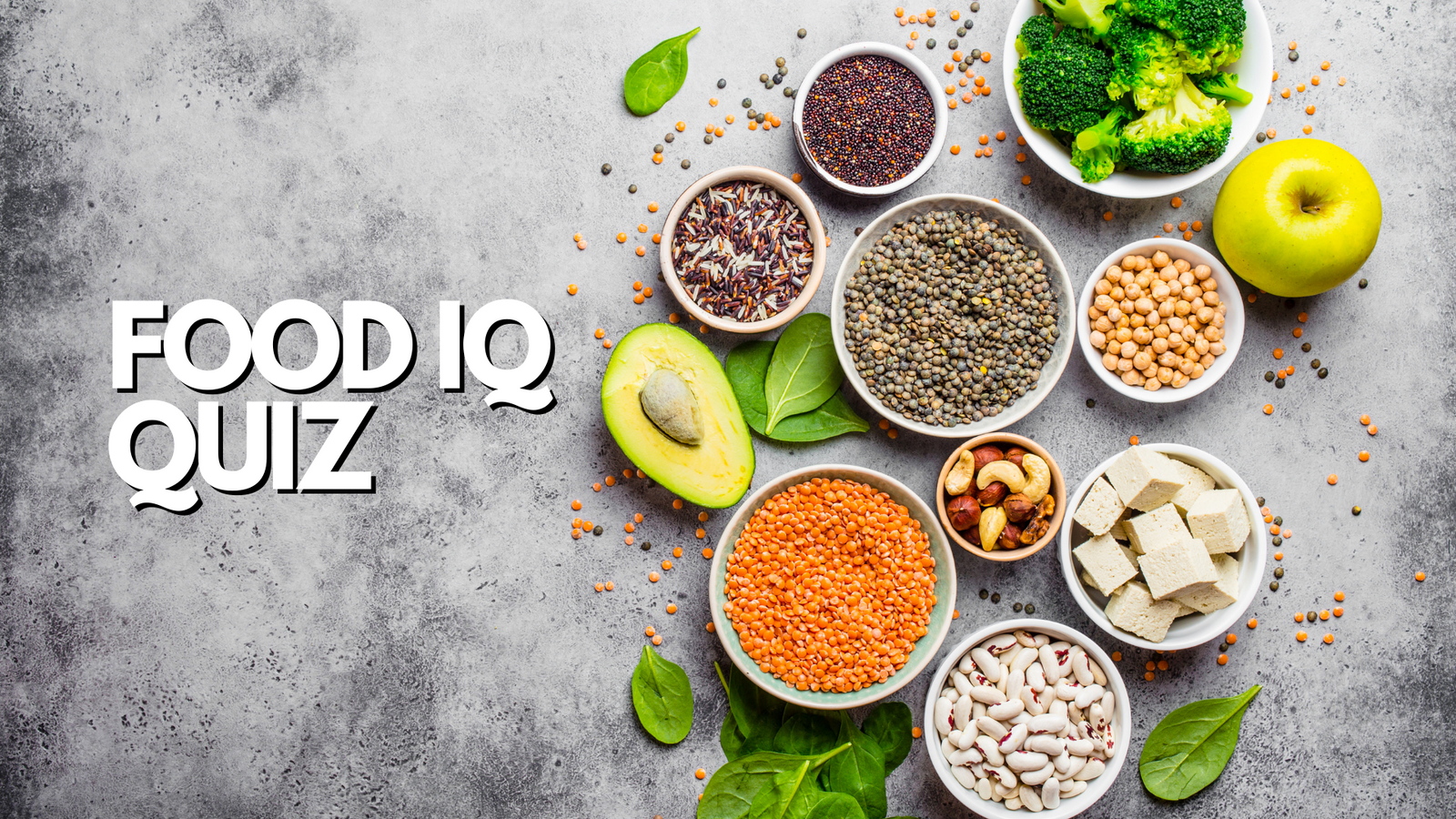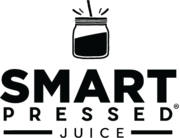Your Cart is Empty
FREE SHIPPING ON ORDERS $79+ IN THE CONTINENTAL US
FREE SHIPPING ON ORDERS $79+ IN THE CONTINENTAL US
Explore

What's Your Food IQ? Try Our Simple Quiz!
March 12, 2023 4 min read
How much do you know about healthy eating? Time to find out with this fun quiz!
Write your answers down on a piece of paper. You'll find the correct answers at the bottom of this page. Good luck!
Your Food IQ Quiz
1. What is the primary function of carbohydrates in the body?
a) To build muscle
b) To transport oxygen to the cells
c) To provide energy
d) To support brain function
2. Which nutrient is essential for building and repairing muscles?
a) Carbohydrates
b) Protein
c) Fiber
d) Fat
3. What is the recommended daily intake of fruits and vegetables?
a) 2 servings
b) 3 servings
c) 5 servings
d) 7 servings
4. Which type of fat is considered the "good" fat?
a) Saturated fat
b) Trans fat
c) Monounsaturated fat
d) Polyunsaturated fat
5. What is the recommended daily intake of water?
a) 4-6 glasses
b) 8-10 glasses
c) 12-14 glasses
d) 16-18 glasses
6. What nutrient is responsible for maintaining healthy bones and teeth?
a) Calcium
b) Iron
c) Vitamin C
d) Vitamin D
7. Which type of food contains both soluble and insoluble fiber?
a) Meat
b) Dairy products
c) Whole grains
d) Sugary snacks
8. What is the recommended daily limit for sodium intake?
a) 1,000 mg
b) 1,500 mg
c) 2,000 mg
d) 2,300 mg
9. What is the main function of vitamins in the body?
a) To provide energy
b) To build and repair tissues
c) To regulate bodily functions
d) To transport oxygen to the cells
10. Which of the following is a good source of omega-3 fatty acids?
a) Butter
b) Margarine
c) Chia seeds
d) Potato chips
Answers:
Question 1 answer: c) To provide energy
Explanation: Carbohydrates are one of the main macronutrients in our diet and are broken down into glucose, which our body uses as its primary source of energy. Carbohydrates can be found in a variety of foods, including fruits, vegetables, grains, and dairy products.
Question 2 answer: b) Protein
Explanation: Protein is essential for building and repairing tissues, including muscles. It is made up of amino acids, which are the building blocks of protein. Good sources of protein include meat, fish, poultry, eggs, dairy products, beans, and nuts.
Question 3 answer: c) 5 servings
Explanation: Fruits and vegetables are important sources of vitamins, minerals, and fiber. The recommended daily intake of fruits and vegetables is at least 5 servings per day, which can help reduce the risk of chronic diseases.
Question 4 answer: c) Monounsaturated fat
Explanation: Monounsaturated fats are considered "good" fats because they can help improve cholesterol levels and reduce the risk of heart disease. Good sources of monounsaturated fats include olive oil, avocados, nuts, and seeds.
Question 5 answer: b) 8-10 glasses
Explanation: Water is essential for many bodily functions, including regulating body temperature, transporting nutrients, and removing waste products. The recommended daily intake of water is 8-10 glasses, but this can vary depending on factors such as age, gender, and activity level.
Question 6 answer: a) Calcium
Explanation: Calcium is an important mineral that is essential for building and maintaining strong bones and teeth. Good sources of calcium include dairy products, leafy greens, and fortified foods.
Question 7 answer: c) Whole grains
Explanation: Whole grains contain both soluble and insoluble fiber, which can help regulate digestion, lower cholesterol, and reduce the risk of heart disease. Examples of whole grains include brown rice, quinoa, and whole-wheat bread.
Question 8 answer: d) 2,300 mg
Explanation: Sodium is a mineral that is found in salt and many processed foods. Consuming too much sodium can increase blood pressure and the risk of heart disease. The recommended daily limit for sodium intake is 2,300 mg, or 1,500 mg for individuals who are at higher risk of heart disease, such as those with hypertension, diabetes, or chronic kidney disease. It's important to be mindful of sodium intake by reading food labels, cooking at home using fresh ingredients, and avoiding highly processed foods.
Question 9 answer: c) To regulate bodily functions
Explanation: Vitamins are essential nutrients that our body needs to perform a variety of functions, such as immune function, metabolism, and cell growth. There are 13 essential vitamins, which can be obtained from a balanced diet or supplements.
Question 10 answer: c) Chia seeds
Explanation: Omega-3 fatty acids are a type of polyunsaturated fat that is important for brain function and heart health. Good sources of omega-3s include chia seeds, flaxseed, and walnuts. Butter, margarine, and potato chips are not good sources of omega-3s.
What Does Your Score Mean?
0-3 correct answers: Keep learning! You may benefit from researching basic nutrition and making changes to your diet.
4-6 correct answers: Good job! You have some basic knowledge of nutrition but may want to continue learning and making healthy choices.
7-9 correct answers: Excellent work! You have a good understanding of basic nutrition and are on the right track to maintaining a healthy diet.
10 correct answers: Wow, amazing! You have a solid grasp of basic nutrition and are well-equipped to make healthy food choices for yourself and others. Keep up the great work!

